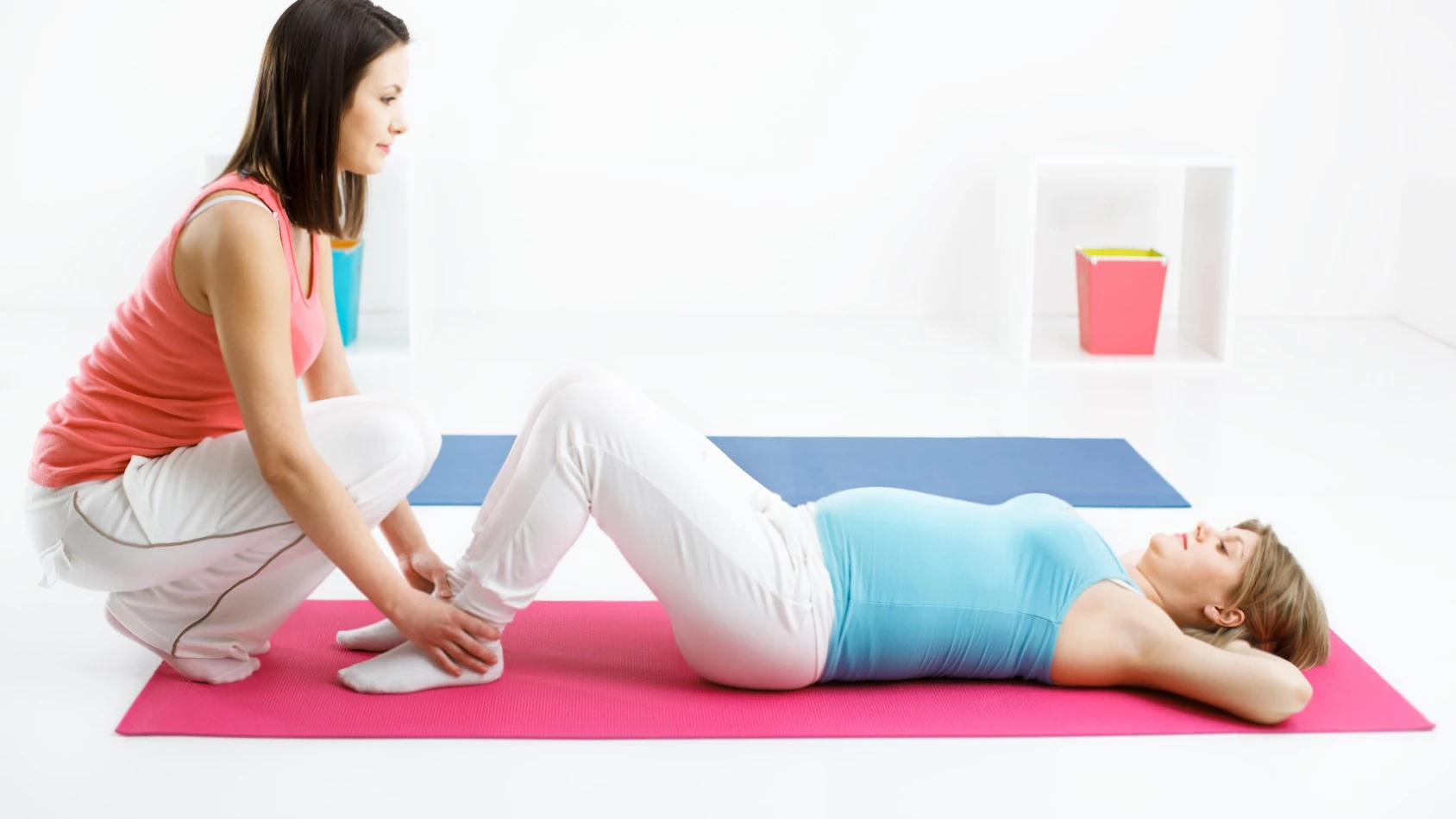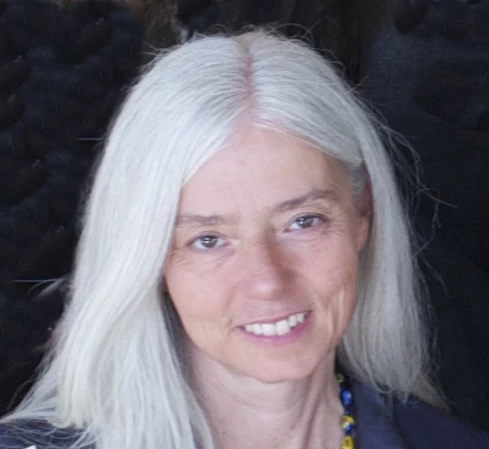Yoga Teaching: The Wisdom of Not Knowing

This morning a student asked me what should have been a simple question: What should I be feeling in this position?
A minute or so later, I’d given her the best non-answer I could. Why a non-answer? First, I’m not inside her body. I can’t know what she’s feeling. Second, there are many, many variations on what she could be feeling depending upon where the resistance is in her body. Finally, we are all put together differently, and we’ve all cultivated different habits in our bodies over the decades. No one’s asana practice will ever be exactly like another’s. For that matter, our own asana practice will not be the same from day to day.
So my answer to my student is a question: “What are you feeling?” Then a suggestion: “Tune in and note what you are feeling moment to moment. Of course, if there’s pain back off, but settle into the felt sense in your body. What you are feeling is your body’s honest response to the asana you’re practicing. Your experience in your body at this moment is the yoga.”
The More You Know, the Less You Know
The longer I’ve taught yoga—almost 30 years now—the less definitive my answers to questions have become. When I first began yoga teaching, I had a rather impressive list of answers for many common questions. I knew and espoused the “rules” of alignment. What’s more, I believed these rules applied to everyone.
The problem is, human beings don’t conform to cookie-cutter genetics. In addition, we’ve all taken very different physical/mental/emotional paths to our current asana practice. No single set of alignment principles applies to everyone. It just doesn’t.
It took decades of observing people for me to come to this conclusion. Even my own body does not respond to asana practice the same as it did 10 years ago. This tells me that there will be more changes in store as the years flow by.
Maintaining Beginner’s Mind
One of my favorite quotes comes from Suzuki Roshi: “In the beginner’s mind there are many possibilities; in the expert’s mind there are few.” Teachers of any discipline—yoga asana, meditation, academics, music, athletics, etc.—would do well to remember this. Maintaining an open, inquisitive mind keeps your practice fresh. It allows you to keep learning. After 34 years of asana, meditation and pranayama practice, I feel much more humbled by how much there is to learn than I did back in the early days of teaching yoga. I count this as a positive.
If you’re a beginning teacher, you don’t have to throw what you’ve learned about alignment out the window. But I strongly suggest questioning it—in your own practice and in observing and listening to your students’ feedback. There are a number of alignment rules I learned and taught back in the day that I’ve stopped teaching over the years. Not only do some of them not work for everyone, but a few of them don’t really work for anyone.
The path to maturity in yoga teaching is not so much through accumulating knowledge from many teachers, although learning new perspectives from other teachers can open doors for you. But an inquisitive, open mind is essential, whether you’re learning from another teacher or practicing on your own. We’re all beginners, and that’s a good thing.
Another great article from YogaUOnline and special contributor, Charlotte Bell – Yoga and Respect: Nothing is Trivial (It’s the Little Things).
Study more on wisdom, teaching, mentoring and your inner sage with YogaU Online and Gabriel Halpern.
 Charlotte Bell began practicing yoga in 1982 and began teaching in 1986. She was certified by B.K.S. Iyengar in 1989 following a trip to Pune. In 1986, she began practicing Insight Meditation with her mentors Pujari and Abhilasha Keays. Her asana classes blend mindfulness with physical movement. Charlotte writes a column for Catalyst Magazine and serves as editor for Yoga U Online. She is the author of two books: Mindful Yoga, Mindful Life and Yoga for Meditators, both published by Rodmell Press. She also edits Hugger Mugger Yoga Products¹ blog and is a founding board member for GreenTREE Yoga, a non-profit that brings yoga to underserved populations. A lifelong musician, she plays oboe and English horn in the Salt Lake Symphony and the folk sextet Red Rock Rondo whose 2010 PBS music special won two Emmys.
Charlotte Bell began practicing yoga in 1982 and began teaching in 1986. She was certified by B.K.S. Iyengar in 1989 following a trip to Pune. In 1986, she began practicing Insight Meditation with her mentors Pujari and Abhilasha Keays. Her asana classes blend mindfulness with physical movement. Charlotte writes a column for Catalyst Magazine and serves as editor for Yoga U Online. She is the author of two books: Mindful Yoga, Mindful Life and Yoga for Meditators, both published by Rodmell Press. She also edits Hugger Mugger Yoga Products¹ blog and is a founding board member for GreenTREE Yoga, a non-profit that brings yoga to underserved populations. A lifelong musician, she plays oboe and English horn in the Salt Lake Symphony and the folk sextet Red Rock Rondo whose 2010 PBS music special won two Emmys.


